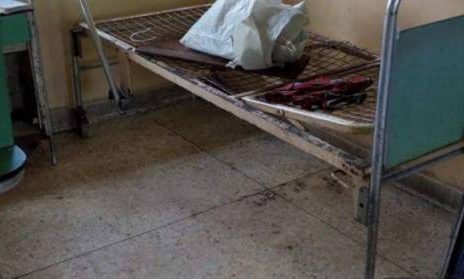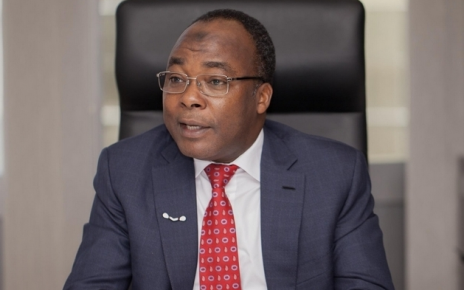The Convener of the Rice Millers Association, Yaw Adu Poku, has said that rice millers in Ghana are working to get special identification stickers to differentiate Ghanaian produced rice from imported produce.
In an interview with Accra-based Citi FM, Mr Adu Poku said this is an effort to check substandard and fake Ghana rice that may be on the market.
He added that the Association is collaborating with stakeholders including the Food and Beverages Association of Ghana (FABAG) and the Ghana Standards Authority (GSA) to roll out this initiative as the campaign for the consumption of local rice intensifies.
“We have agreed in principle through our umbrella organization, Ghana Rice Inter-professional Bodies together with Food & Beverage Association of Ghana (FABAG) to officially write to the GSA that a stamp or some identification should be given to rice in the system and even those that have been imported into the country so that when you go to the market you can see the stamp. This will immediately differentiate between the rice produced internally and those that come in through the main ports.”
Ghanaians in recent times are being encouraged to consume more locally produced rice to help boost the sector. Currently, local rice production stands at 460,000 metric tonnes with 640,000 metric tonnes imported annually.
The Fumbisi Rice Valleys, for example, has the capacity to produce 4,500 metric tonnes but is currently producing just 1,000. The Agric Ministry had assured that the capacity will be expanded.
The National Food Buffer Stock is also to intensify the issuance of license and purchasing of both paddy and milled rice from local producers.
Meanwhile, 10 major rice millers have agreed to buy locally grown rice for processing at 60% capacity which translates to 300,000 metric tonnes annually. This will produce over 23 million bags of home-grown rice.
The government has also announced a plan to ban rice importation by 2022.
Read Also – Mahmood Ahmadu’s Innovate 1 Pay Features On The Front Cover Of The Financial Times
At a media encounter recently, President Akufo-Addo called on Ghanaians to consume local rice.
He also announced that all government institutions have been directed to start using local rice for all public programmes and initiatives from January 2020.
Source – https://www.pulse.ng/




